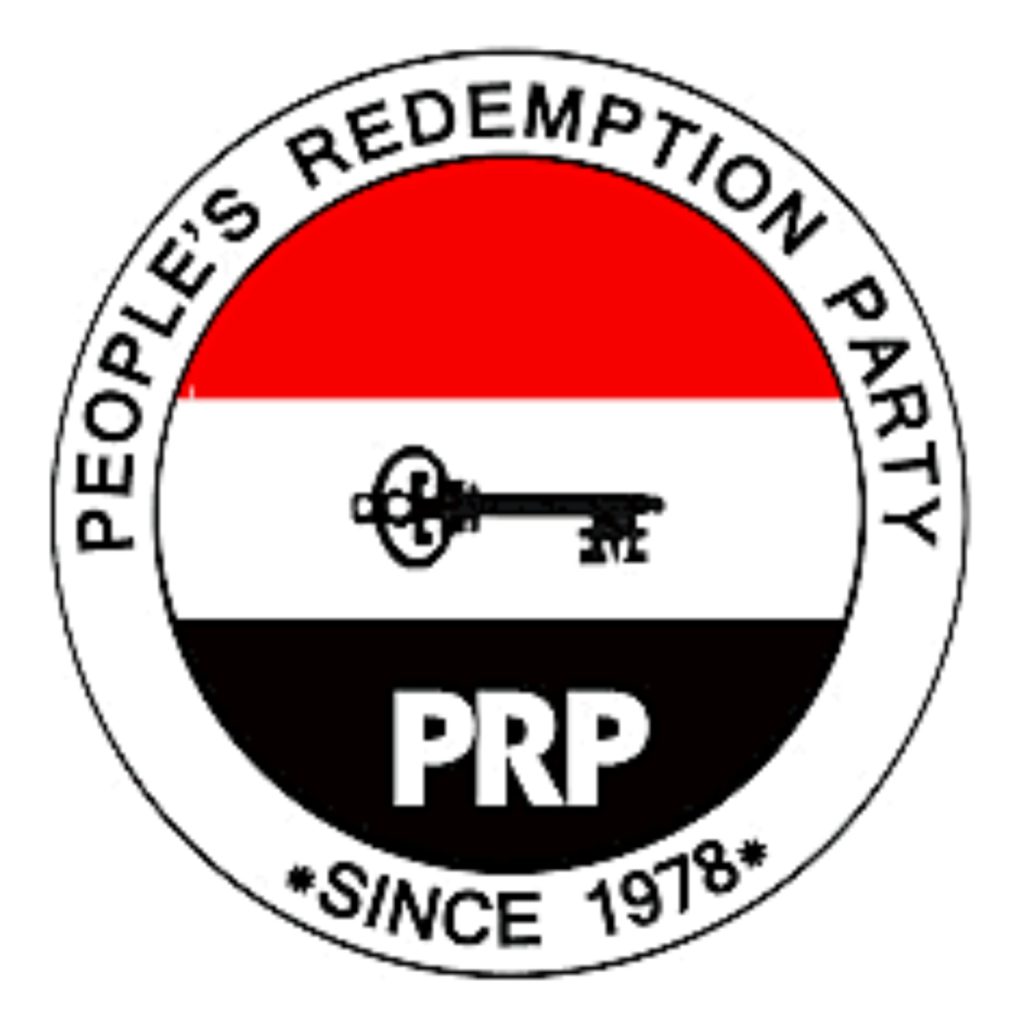The Nigerian government is considering the sale of its refineries, including those in Port Harcourt, Warri, and Kaduna, as part of its efforts to reform the petroleum sector. This was revealed by Olu Verheijen, Special Adviser to President Bola Tinubu on Energy, in an interview with Bloomberg TV. According to Verheijen, the sale of the refineries is one of the options being considered, provided a suitable technical partner with the necessary capital can be found.
The refineries have largely been reliant on subsidies to operate, but with the recent removal of these subsidies, the government aims to introduce market efficiency and transparency into the sector. The goal is to ensure that the petroleum industry operates on purely commercial terms, without distortions. This move is part of President Tinubu’s broader reform agenda, which seeks to restore efficiency and profitability to the sector.
In recent months, the Nigerian National Petroleum Company Limited (NNPCL) has taken steps to revamp its operations. In May, the Port Harcourt refinery was shut down for routine maintenance, and the company has since announced its search for technical equity partners to manage and operate its refineries at international standards. NNPCL Group Chief Executive Officer Bayo Ojulari has stated that the company is seeking partners capable of operating the Port Harcourt, Warri, and Kaduna refineries efficiently.
The potential sale of the refineries marks a significant development in Nigeria’s efforts to reform its petroleum sector. With the government’s commitment to removing subsidies and introducing market-based reforms, the sector is poised for significant changes. As the search for technical partners continues, the future of Nigeria’s refineries remains a topic of interest, both domestically and internationally. The outcome of these efforts will be crucial in determining the long-term viability and efficiency of the country’s petroleum industry.



